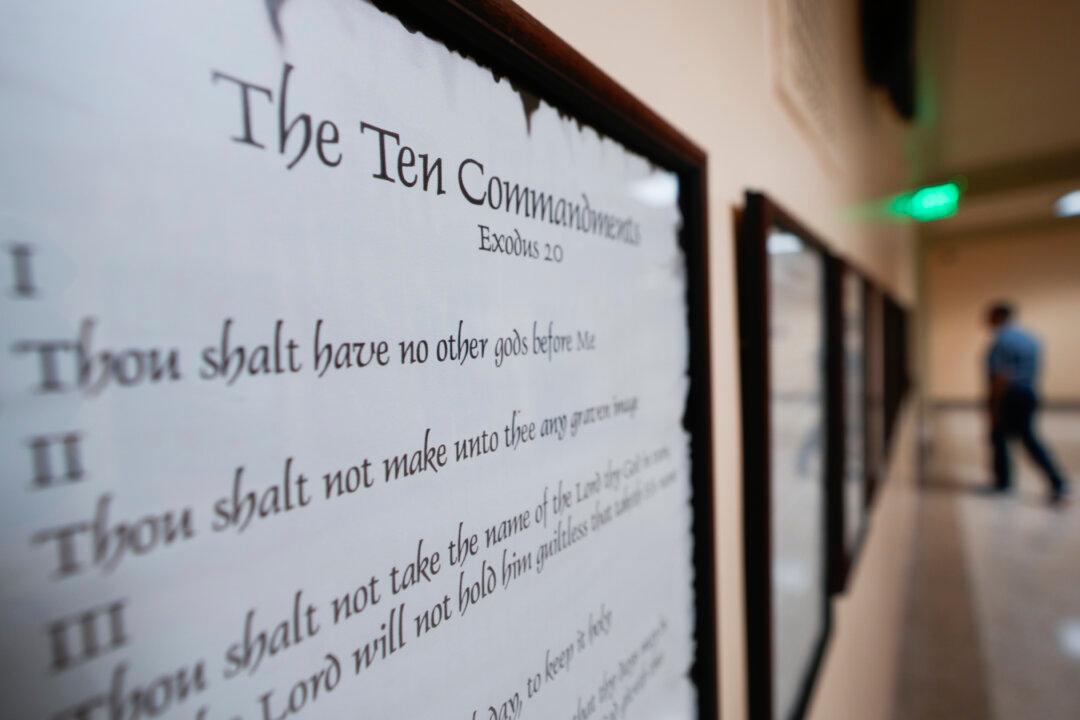Louisiana Attorney General Liz Murrill has asked a court to dismiss a challenge to a recently passed state law that requires the Ten Commandments to be displayed in all public schools.
Organizations including the American Civil Liberties Union and the Freedom from Religion Foundation are representing plaintiffs who filed a complaint in June arguing that the law violates the First Amendment.





